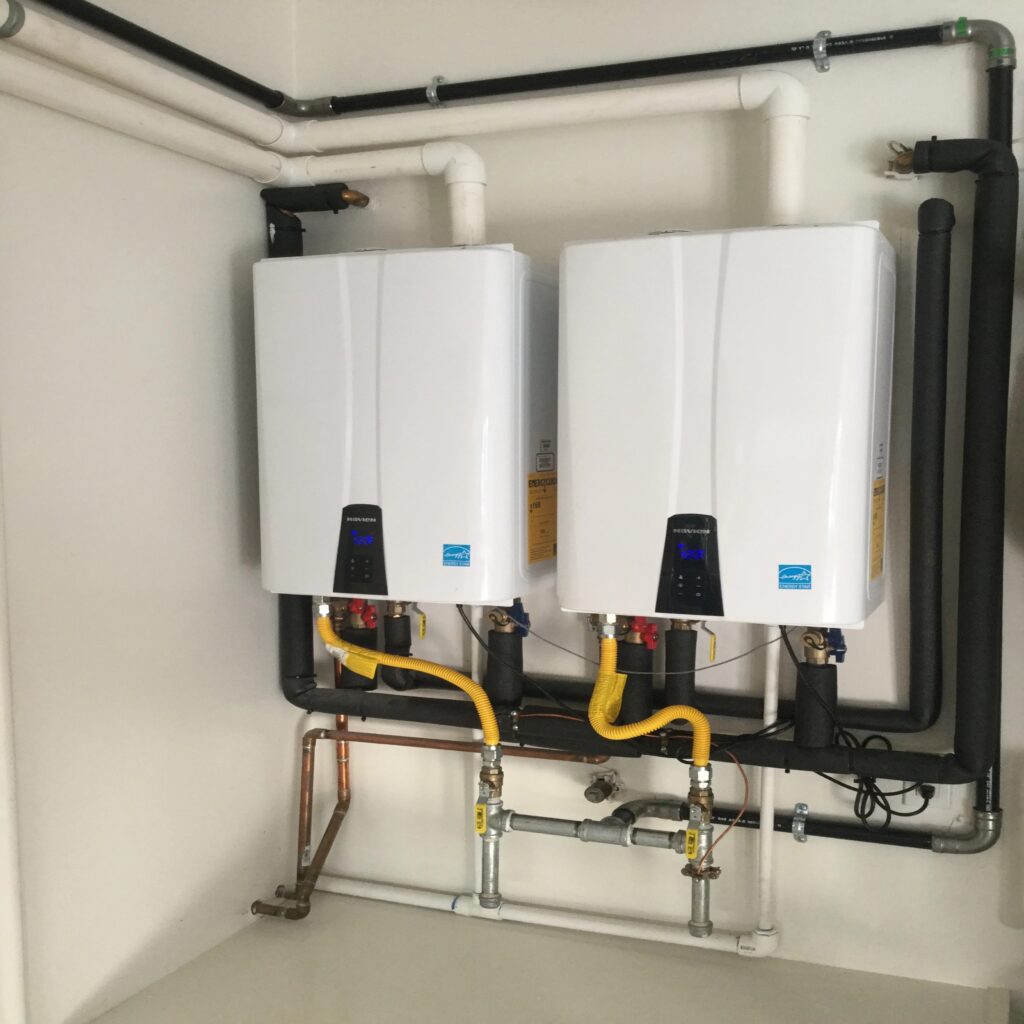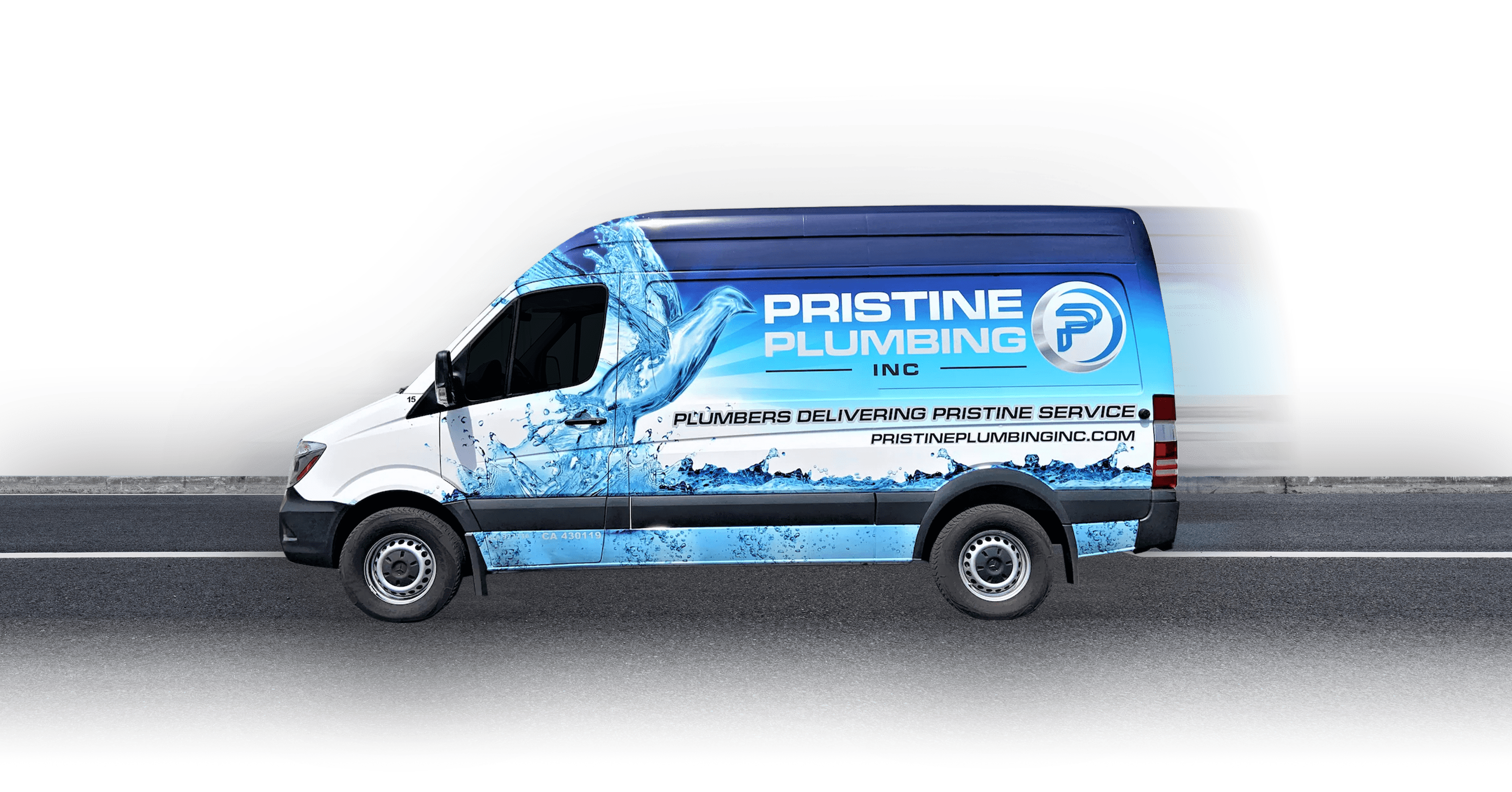
Choosing the right water heater for your home is more than having hot water when needed. It’s about making smart choices that save money, reduce energy consumption, and keep your family comfortable year-round. With rising energy bills, the debate over electric vs. gas water heaters has never been more relevant.
Understanding the differences between electric and gas water heaters can help you weigh factors like energy efficiency, cost, and environmental impact. By knowing what each option offers, you can confidently select the best solution for your home and budget.
Comparing Gas and Electric Water Heaters
Electric water heaters use electric resistance to heat the water in a tank, making them easy to install, especially in homes without access to gas lines.
On the other hand, gas water heaters rely on natural gas or propane and heat water with a burner beneath the tank. Gas heaters are faster and work even during power outages, which can be a lifesaver when the electricity goes out.
Both have advantages. What matters most when comparing electric and gas water heaters depends on your home setup.
Electric vs. Gas Water Heater Energy Efficiency
If you compare efficiency, electric water heaters have a clear edge, with ratings of 90% or more. Nearly all the energy they consume goes directly into heating your water. But there’s a catch—if your electricity comes from less sustainable sources like coal, it might not be as eco-friendly as it seems.
Gas water heaters, while less efficient (about 60-70%), can still make sense. Natural gas is often cheaper and more widely available, which could save you money in the long run, especially if your household uses a lot of hot water.
So, what’s the takeaway? Electric water heaters excel at converting energy into heat, but gas models may provide better long-term value depending on energy costs in your area. To find the best option for energy savings, check out this guide.
Cost Comparison
Both types of water heaters have pros and cons regarding costs. Electric water heaters are typically cheaper to install upfront because they don’t require venting or gas line hookups. However, their operating costs can add up in areas where electricity is expensive.
Gas water heaters, while costlier to install due to venting and gas connections, can be much cheaper to run if natural gas prices are low in your area. Plus, they’re an excellent option for larger families who use a lot of hot water, as they recover heat faster and can more easily keep up with demand.
Are you looking to reduce your bills? Gas water heaters might save you more in the long run, especially if your energy use is high.
Environmental Impact
When it comes to being eco-friendly, the choice depends on your energy source. Electric water heaters can be a greener choice if your electricity comes from renewable sources like solar or wind. But if your local grid relies heavily on fossil fuels like coal, their carbon footprint can be higher.
On the other hand, gas water heaters emit greenhouse gases directly because they burn natural gas. That said, natural gas is considered a cleaner fossil fuel than oil or coal.
Your local utilities and energy sources play a significant role in determining which option is better for sustainability when choosing between electric and gas water heaters.
Energy Savings with Gas vs. Electric Water Heaters: Tips and Best Practices
When deciding between gas and electric water heaters, energy savings are probably high on your list. Gas water heaters tend to have the edge here because natural gas is often cheaper than electricity. In fact, according to the U.S. Department of Energy, gas models use about 25-30% less energy than electric ones for the same level of performance. But there’s a catch—they need proper venting and regular maintenance to keep running efficiently.
Electric water heaters, while typically more energy-efficient in converting power to heat, can be more expensive to operate if electricity costs in your area are high. The good news? Whether you choose gas or electric, you can take some simple steps to maximize efficiency and save on energy bills.
Tips for Maximizing Gas vs. Electric Water Heater Efficiency
- Lower the Thermostat Setting: Did you know you don’t need scalding hot water for everyday use? Setting your water heater to 120°F is plenty for most households. This simple adjustment can cut gas consumption by 10-15% for gas water heaters. Electric models benefit, too, by reducing unnecessary energy use.
- Inspect and Clean the Burner Regularly: A dirty burner is like a clogged nose—it slows everything down. Have the burner cleaned annually to avoid soot buildup, which can reduce efficiency.
- Insulate the Tank and Pipes: Insulating your tank and pipes is a no-brainer if you live somewhere chilly. It helps retain heat, meaning your heater works less to keep the water warm.
- Perform Annual Maintenance: Small checks, like inspecting the pilot light or ensuring no gas leaks, can make a big difference. Annual maintenance keeps your heater running smoothly and safely.
- Install a Timer: Adding a timer to your electric water heater ensures it only runs when you need hot water. For instance, you can set it to shut off overnight or during long vacations, saving you money on unnecessary heating.
- Flush the Tank Regularly: Sediment buildup at the bottom of your tank is a silent energy thief. Flushing the tank once a year can help maintain peak performance and prevent energy waste.
- Upgrade to a High-Efficiency Model: Is your water heater older than your first smartphone? If so, it’s probably time for an upgrade. High-efficiency models like heat pump water heaters are a fantastic option for electric systems, using significantly less energy by pulling heat from the air. Gas water heaters also have advanced models that minimize heat loss and maximize energy use.
Which is Better: Gas or Electric Water Heaters?
Deciding between gas and electric water heaters isn’t a one-size-fits-all decision. Each option has unique benefits that can suit different needs. Your choice depends on your location, utility costs, and how much hot water your household uses daily.
- Electric water heaters are perfect for smaller homes or areas with high natural gas prices. They’re easy to install, energy-efficient, and often come with a lower upfront cost. Plus, if your electricity comes from renewable energy sources, they’re an environmentally friendly choice.
- Gas water heaters are excellent for large households with high hot water demand. They heat water faster and are usually more affordable to run in areas with low natural gas prices. They’re also reliable during power outages, making them ideal for areas where the grid might often go down.
The “best” water heater for you depends on your specific situation, whether you’re focused on upfront cost, long-term savings, or reducing your carbon footprint.
Hire Gas and Electric Water Heater Experts for Maximum Energy Efficiency
You deserve the most efficient water heater installation, and that’s where our skilled plumbers come in. We specialize in tailoring solutions for your home, ensuring a seamless, quick installation with minimal disruption. We only use high-quality water heaters from trusted brands so that you can count on lower energy bills and long-lasting performance.
Do you need help choosing between electric and gas water heaters or upgrading your system? Schedule an appointment today to get started!
